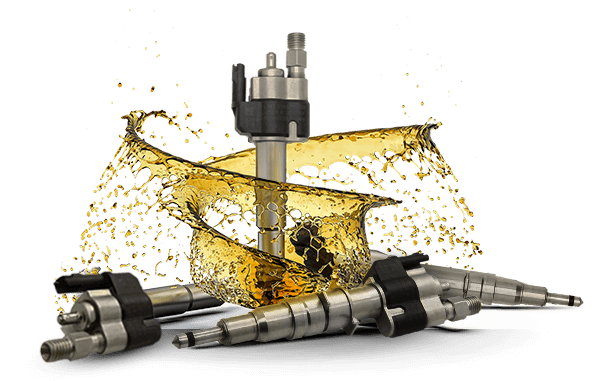Welcome to our shop! Navigating the world of automotive care can be perplexing, especially when you're the proud owner of one of the most sophisticated gasoline injection systems available. Dealing with BMW Piezo injectors adds an extra layer of complexity, given their finicky nature and susceptibility to failure – challenges we're here to help you understand.
If you've found your way to us, it's likely because you're searching for a solution that won't break the bank, steering clear of the hefty price tag that comes with new injectors. Perhaps you've already ventured into the world of online marketplaces, only to discover that the seemingly affordable Amazon or eBay index 12 injectors weren't quite the real deal.
To make your journey a bit smoother, I've compiled some of the most frequently asked questions about these injectors.
Q: Do you rebuild the BMW Piezo injectors?
A: While many commonly refer to our service as "rebuilding" BMW Piezo injectors, we prefer to call it what it is, cleaning and testing, to better capture the realities of our process. Although we replace external serviceable components and rigorously test the injector to OEM standards for proper functionality, it's crucial to understand the limitations of the VDO Piezo injector.
The design of the VDO Piezo injector prevents effective disassembly for the replacement of internal components such as springs, metering valves, spacers, washers, or the Piezo assembly. Therefore, our cleaning and testing approach focuses on meticulous de-carbon cleaning through multiple ultrasonic stations, back flushing.
Post-cleaning, we subject the injector to a fully automated test plan, testing against part number flow standards. Our process provides the highest quality cleaning and testing available for your Piezo injectors.
Q: Will this service stop the injector from leaking down at the nozzle?
A: The honest response is, "I don't know". Leaks can stem from carbon contamination, but more often are associated with internal part wear. Please see our article dedicated to this injector leaking. That article can be found and read here.
Q: Your ad says you service the index 11 and 12 injectors. Can you service earlier index injectors?
A: Yes, we can, but we prefer not to. We have observed a much higher occurrence of test plan failures with earlier index injectors compared to index 11 and 12 injectors. This discrepancy is primarily attributed to the ongoing improvements in construction quality made over time.
Crucially, it's essential to understand that you are purchasing a cleaning and testing service, and that testing sometimes reveals an injector that needs to be replaced. There are no refunds because of injector test failure. Additionally, our servicing and testing procedures do not upgrade injectors to a higher index. Our process is specifically designed to clean and assess the performance of your existing injectors. While we incorporate an updated micro filter during service, it doesn't elevate the injector to a different index level in terms of internal build quality.
Q: Can you test my Direct Injectors before cleaning them?
A: Injector leak testing can be performed prior to cleaning, but we do not flow test the injectors before cleaning. Our testing process involves using sophisticated fluid measurement equipment that does not tolerate the presence of contaminants. This equipment is designed to provide highly accurate flow rate measurements, which can be affected by any debris or particles in the fuel system. Therefore, to ensure the accuracy and reliability of our testing results, we clean the injectors first before proceeding with testing.

